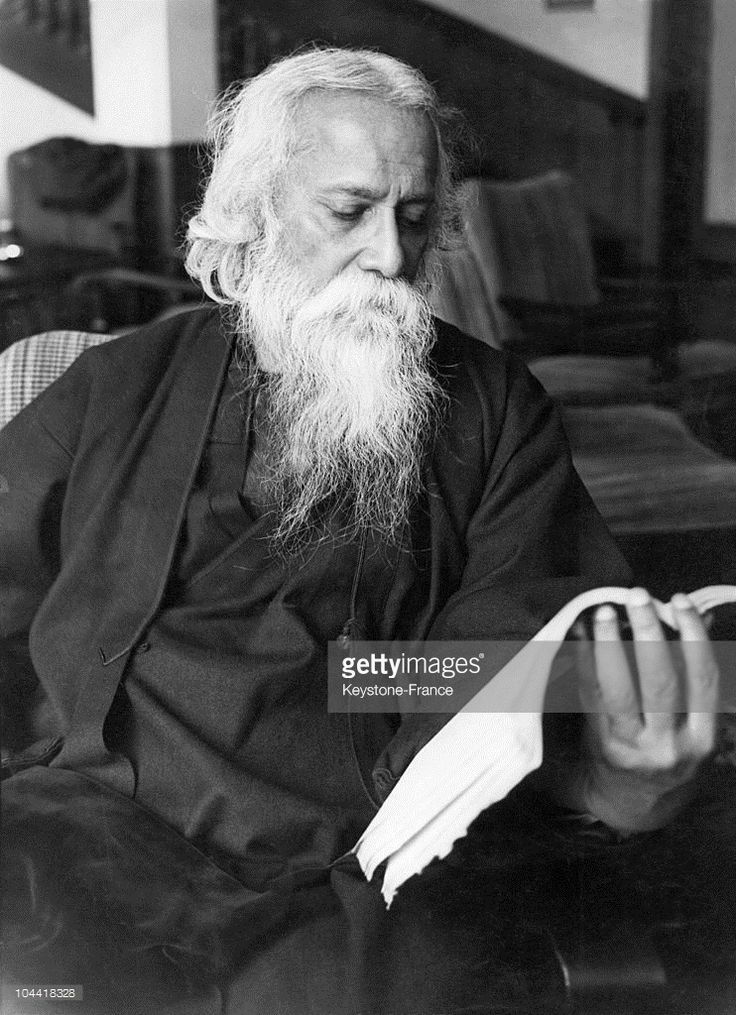How often do you root for the bad guy?
- Aarav Ghate

- Jun 2, 2023
- 2 min read
Updated: Jun 6, 2023
How often do we root for the bad guys?
It’s pretty unlikely that someone wants Darth Vader to be victorious, or a merciless German spy in a WW2 thriller.
But that’s exactly what happened when I was coming to the end of a Ken Follet novel. I realized I didn’t want to see the German spy lose. Very unusual.
On talking about it with a friend I realized it’s all about character building. If they are presented well enough, you actually begin to empathize with the characters. Even though their actions aren't entirely justified. I mean, sure he kills everyone in his w
ay without hesitation, but that doesn't make him completely unlikable.
Well written characters can be really impactful, and largely change the way you look at a story. And that begs the next question…
What is more important? Great characters or a great storyline?

I am definitely biased towards the former. It's hard to leave a book midway if the plot is interesting, no matter how boring the characters are. Imagine putting down a thriller and not knowing who the murderer is, just because the detective is a dull pawn without a backstory.
Absolutely, a powerful backstory or a character with layers aplenty just takes a story to the next level, but the storyline is the foundation. It makes a tale stand tall, no matter how spineless the people are.
My friend argued conversely, and pretty well too. Would Harry Potter have been as great a protagonist without his childhood trauma? No one would read about a boy who lived with his caring and doting relatives. But a vile Aunt and a horrible Uncle getting payback from the tormented nephew? You have a bestseller in your hands.
Take Severus Snape, another example from Harry Potter. Loathed at first, but he eventually grew upon us, and his deep past helped him gain respect. He became one of the most influential personas in the books, and only because of the events that took place in his past.
Maybe it's also about pure writing ability. Striking upon a good plotline is tough. But you need creative talent to think up a character worth writing about. Revealing the murky past in flashbacks, or making the reader wonder about their motivations are just some of the tricks authors use. Dan Brown’s novels are so impactful because he presents a story along multiple timelines and the personas at multiple levels.
This all points to one conclusion, it is difficult to agree on what is more fundamental to a book. Some may prefer crisp, gripping reads. Others may enjoy worldbuilding and expansive storytelling. At some level this preference shapes our reading habits, and we never really think about it. We only look forward to snuggling up with a book we love, and that as Holmes would say, is where “the plot thickens.”
What do you think, which aspect of books is more important?
- Aarav Ghate




Comments